Cancer discovery news
Our researchers are making the discoveries that defeat cancer. Read the latest findings from our world-leading research.
Visit our main news hub to read about news on new funding, our fundraising activities and much more. If you want to keep updated on our news, you can follow us on social media or sign up for our Search newsletter.
If you’re a journalist and want to find out more, you can contact our media relations team.

When the damage is done – how ICR scientists tackle DNA damage repair
DNA damage is the basic cause of cancer, and understanding how cells repair DNA can help researchers develop the next generation of smarter, kinder treatments.

ICR Discovery Club explores how exploiting cancer’s DNA weaknesses can unlock new treatment
For the second virtual event, Discovery Club members went on a trip back in time and deep inside the cell with Professor Jessica Downs and Dr Navita Somaiah to explore how targeting cancer’s DNA weaknesses can unlock new treatments.

New cancer scan could guide brain surgery
A type of ultrasound scan can detect cancer tissue left behind after a brain tumour is removed more sensitively than surgeons, and could improve the outcome from operations, a new study suggests.
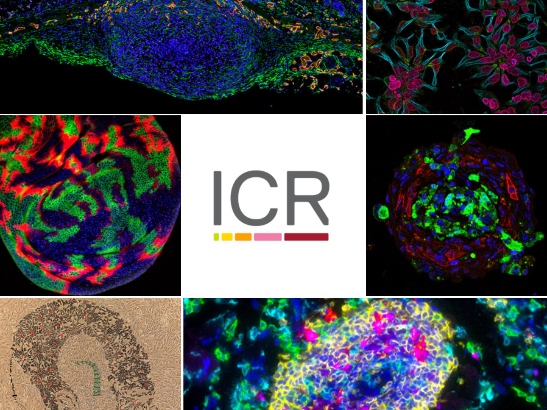
ICR Science and Medical Imaging Competition 2021
Six outstanding images have been shortlisted for the ICR’s Science and Medical Imaging competition. Over the next two weeks, we will be sharing our shortlist across the ICR’s social media channels and on our website for a public vote, before we announce the judge’s chosen winner and the public’s choice.
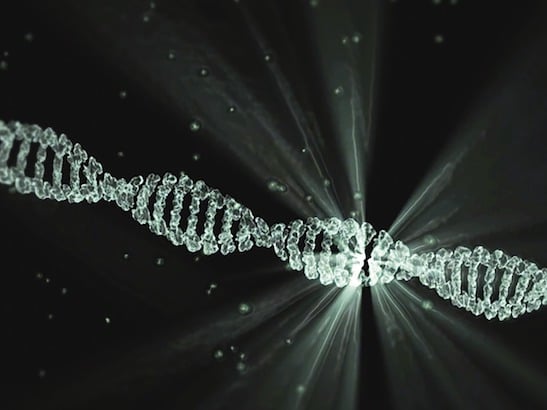
How the Human Genome Project shook the world of cancer research
Twenty years ago, a detailed draft and analysis of the human genome was completed.
In this feature, Diana Cano Bordajandi looks at the lasting legacy of the Human Genome Project.
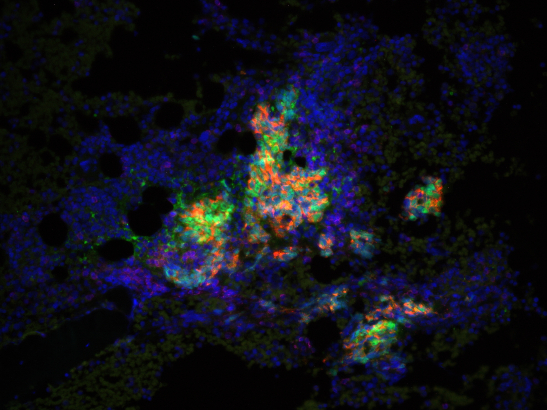
Men with early stage testicular cancer could avoid potentially harmful monitoring scans
Men who have had treatment for early stage testicular cancer could benefit from fewer monitoring scans, freeing them from some of the harmful radiation that comes from computerized tomography (CT) imaging, according to results presented at GU ASCO conference.
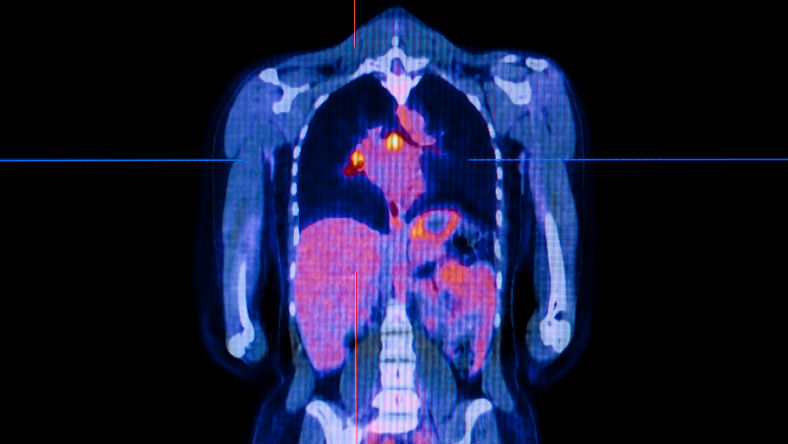
Common antiseptic could be cheap and easy way to improve cancer radiotherapy around the world
A simple injection of a common antiseptic could boost the cancer-killing effect of radiotherapy for breast cancer and other cancers, an early clinical trial has shown.
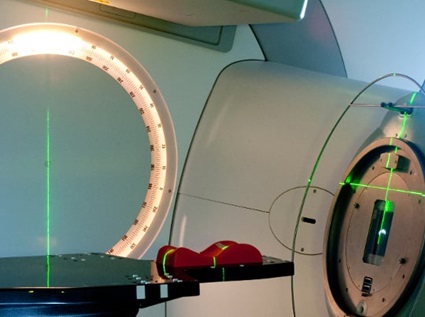
Shorter radiotherapy course reduces risk of bladder cancer returning
Giving people with bladder cancer fewer but larger doses of radiation reduces the risk of their disease returning and should be adopted as the new standard of care, a new study shows.
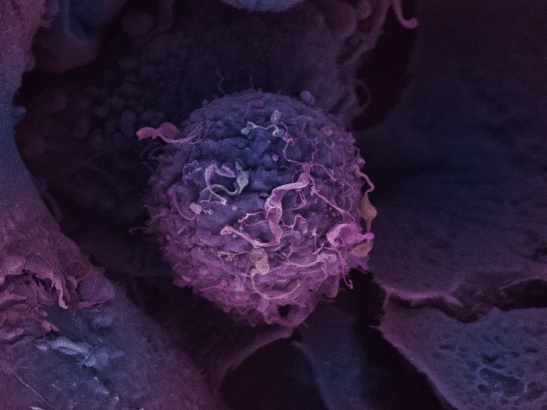
Existing breast cancer drug offers new targeted treatment for triple negative breast cancer
An already approved breast cancer drug could bring hope to thousands of UK women who have an aggressive form of breast cancer, new research has found.
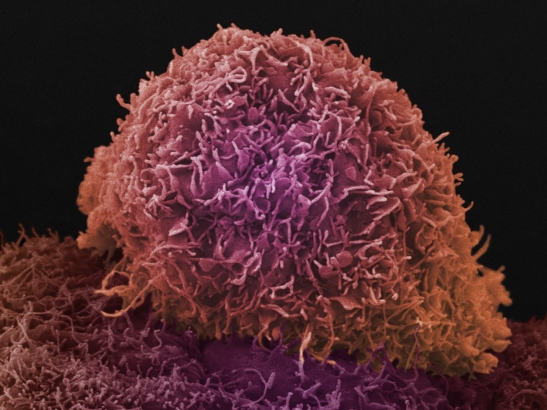
Promising new treatment strategy for men with drug-resistant prostate cancer
A new experimental drug could offer a promising approach to treating men with advanced prostate cancer which does not respond to existing treatments, or develops resistance to them, researchers report.

Study sheds light on genetic basis of Black men’s higher prostate cancer risk
Black men are more likely than their White or Asian counterparts to have a range of genetic changes that increase their risk of developing prostate cancer, a major new study reports.
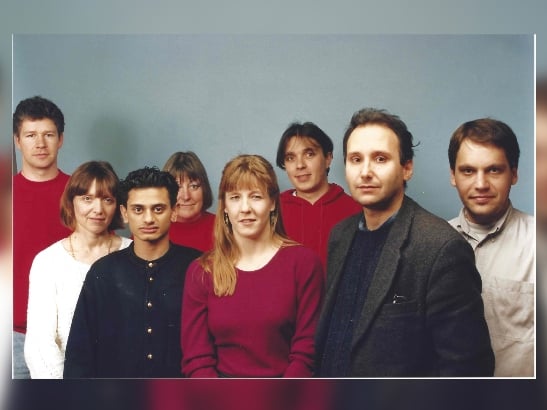
The BRCA2 team: Researchers behind the breast cancer gene discovery
25 years ago, ICR researchers made a historic discovery. Juanita Bawagan recounts some of their stories.